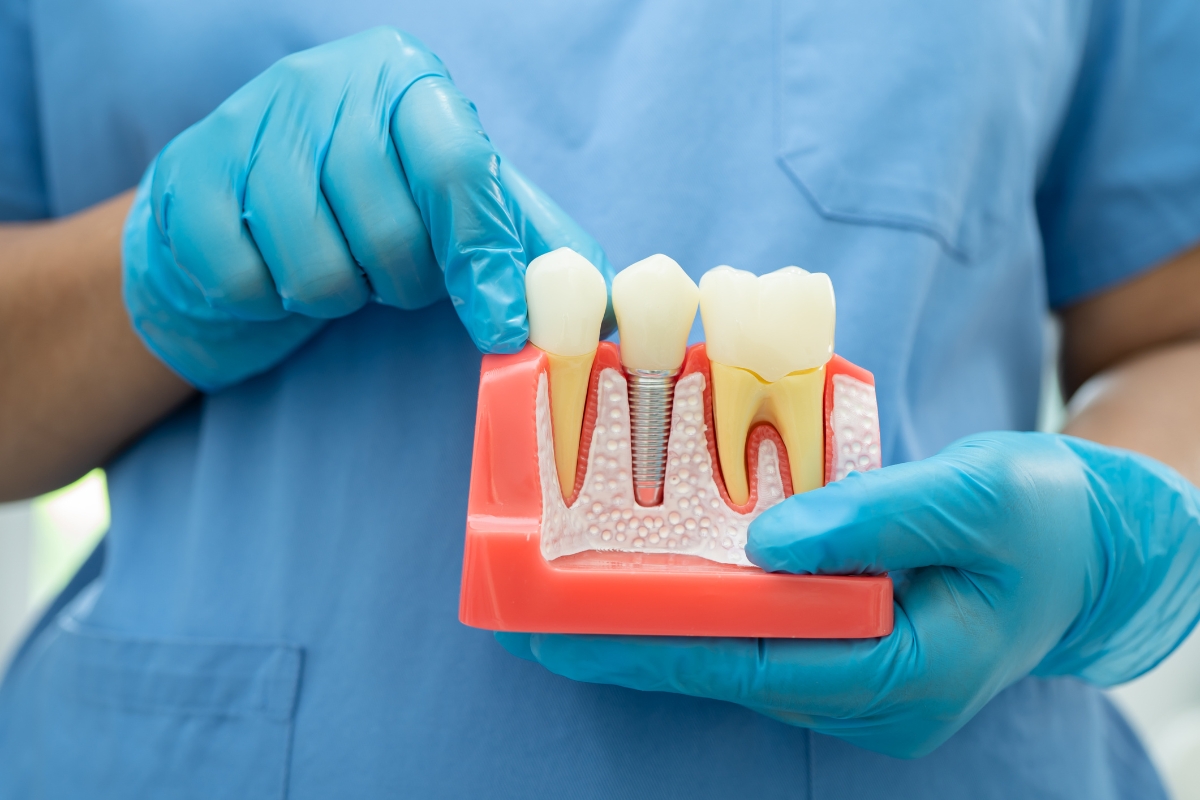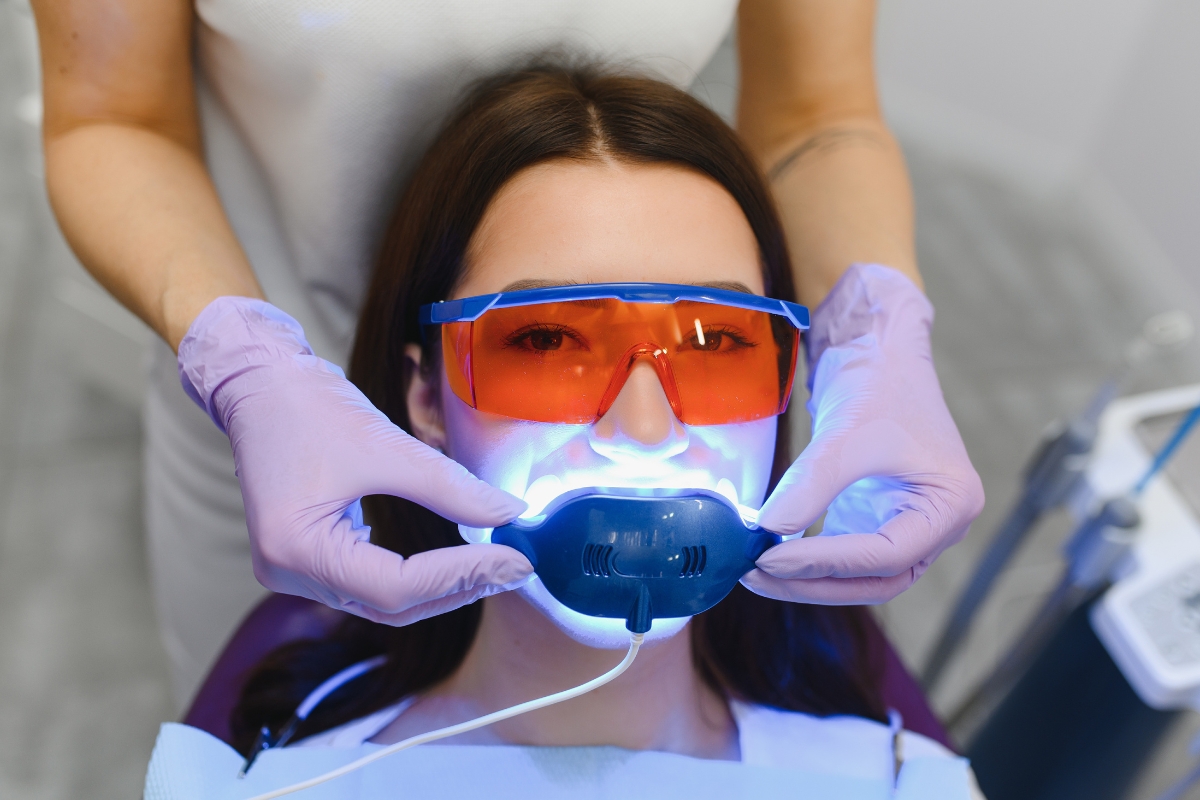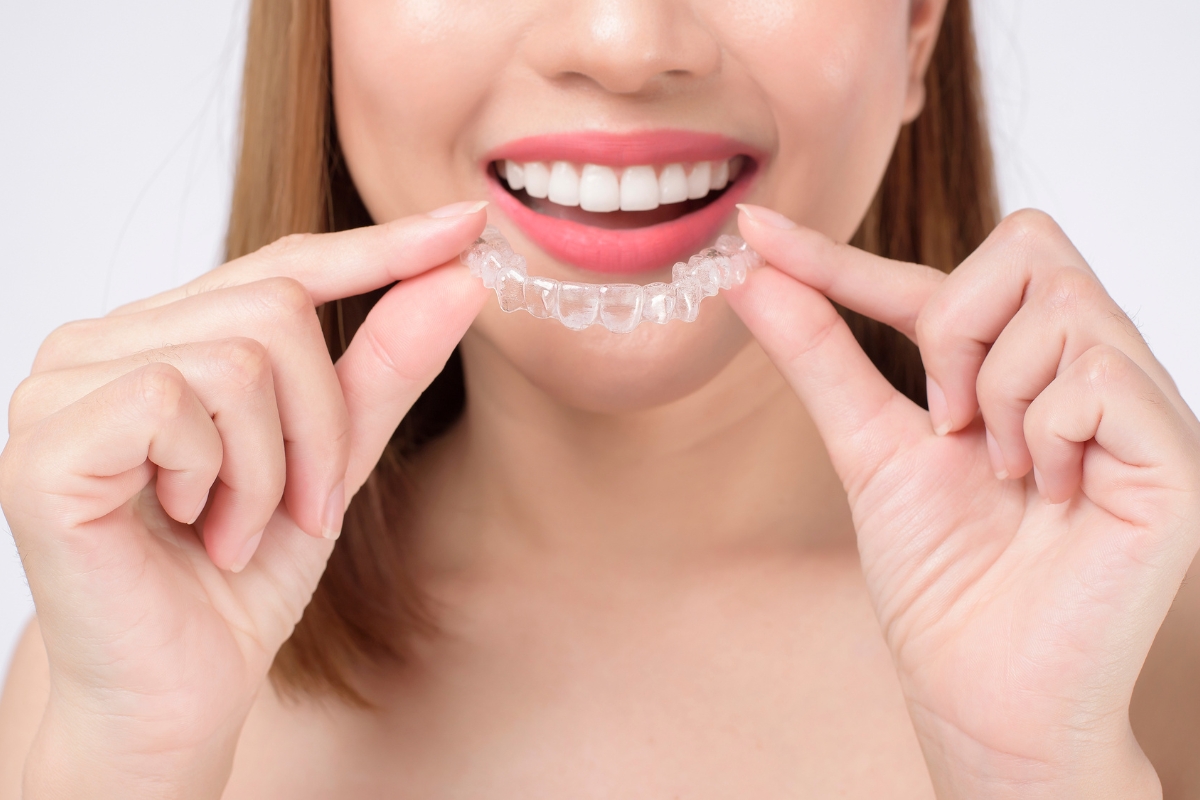
Dental implants restore function, natural smiles, and confidence in patients of all ages. Soreness, swelling, or bruising, however, are usual after effects after healing. Many people consider pain to mean complications, but most symptoms are normal and bearable.
This blog provides easy tips to minimize pain, prevent complications, and promote healing. Following these recommendations gives a smoother recovery and comforts patients by regaining confidence in the longevity of their implants.
Recognizing Discomfort After Surgery
Symptoms After Dental Implant Surgery
There is often some swelling, bruising, and slight bleeding following dental implant treatment. The gums and jaw may ache when chewing or talking. Some inconveniences or uncomfortable feelings, like sensitivity, may arise in the early days.
When normal symptoms are observed, patients can easily remain calm and adhere to post-op instructions when they receive dental implants in Northville. Pain is maximum at 48 hours and fades slowly with care.
Normal vs. Alarming Pain
Slight soreness, swelling, and bruising are normal symptoms of healing after implants. Severe, persistent pain or a slow spread of swelling points to infection or complications.
If pus, fever, or excessive bleeding develop, notify your dentist immediately. The appreciation of difference prevents unnecessary alarm and expedites professional intervention.
Early Steps to Minimize Discomfort
Pain Management Methods
Mild post-op pain is controlled by over-the-counter analgesics such as acetaminophen or ibuprofen. Always take medication as directed and never exceed daily recommendations.
Drugs dispensed by your dentist, if prescribed, should be taken exactly as directed. Do not combine drugs unless specifically instructed by your healthcare provider. Proper pain management aids the healing process and increases everyday comfort.
Cold Compress & Rest
Ice pack application for 15-20 minutes relieves swelling and numbs pain effectively. Have a cloth between the ice and the skin to prevent frostbite.
Rest should be taken during the initial 48 hours after surgery to help heal tissues. Shun strenuous activity that raises blood pressure or interferes with the implant site. The combination of cold therapy and rest drastically reduces recovery time.
Taking Care of Your Implant Site
Oral Hygiene Habits
Brush teeth carefully, not directly on the surgery site. Employ antimicrobial mouth rinses to eliminate bacterial colonization and optimize healing.
Avoid alcohol-containing mouthwashes at first, as they tend to irritate soft tissues. Practice hygiene without interfering with sutures or newly formed tissue. Good care reduces the danger of infection and supports dental implant success.
Dietary Advice
Consume soft foods like yogurt, scrambled eggs, and mashed potatoes initially. Avoid hot and spicy food or hard foods that may irritate or harm the implant site. Drink sufficient water to moisten the mouth and gently flush the mouth.
Reintroduce solid foods incrementally as healing progresses without requiring chewing. Nutrition maintenance supports tissue regeneration and comfort in healing.
Lifestyle Changes for Quick Recovery
Smoking slows healing and creates a higher risk of infection in the area surrounding dental implants. Avoid alcohol, which can interfere with pain control and tissue healing.
Try to avoid heavy workouts or activities that disturb the blood supply. Give ample time to immune function and cell regeneration. Healing is accelerated when relaxation techniques decrease stress. Lifestyle changes enhance recovery and protect the long-term stability of dental implants in Northville.
If you do these two things, post-op pain following implants is almost a non-issue. Healing is facilitated by soft diets, good oral hygiene, being careful not to get rundown, and possibly making lifestyle changes.
Those interested in a consultation can contact our dental office today. Call us now for a professional consultation and follow-ups on your implant. Regular oral hygiene can help prolong the life of your implants and confidence in your smile.




